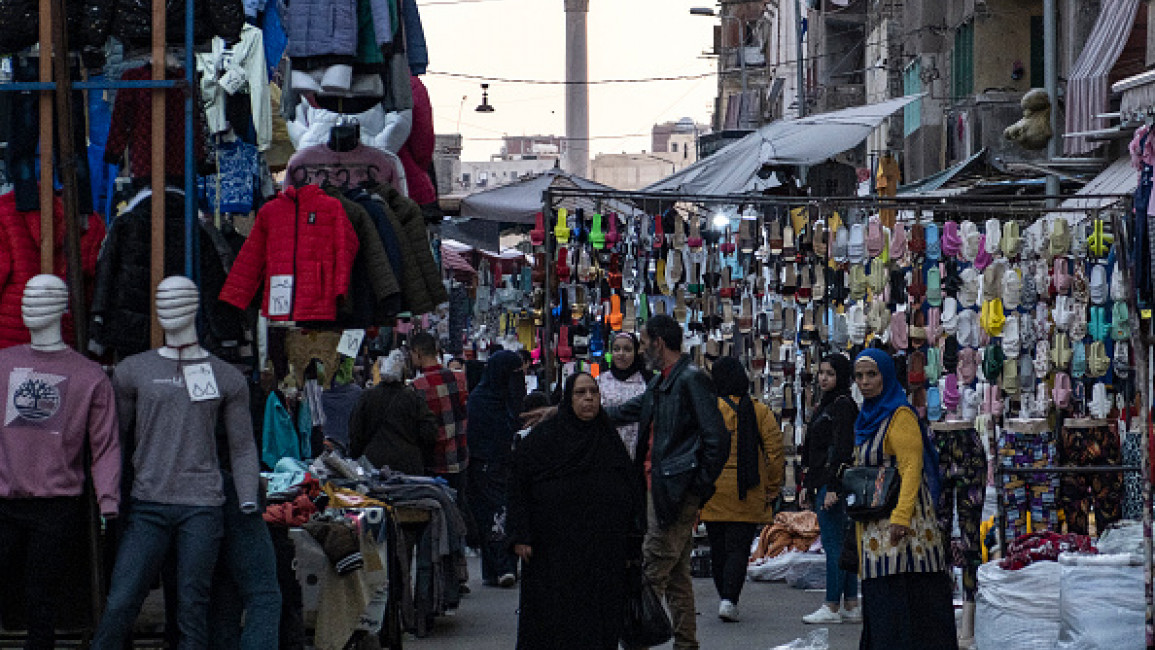Egypt's economic growth forecast marks lowest in 11 years: World Bank
The World Bank downgraded Egypt's economic growth forecast for the current fiscal year to 2.8 per cent, the lowest in 11 years, as the region's most populous country struggles to overcome the greatest economic crisis in its modern history.
This is the third time the international lender has lowered Egypt's growth this year. In the latest Middle East and North Africa Economic Update, the World Bank blamed the recent decline on what it labelled as the country's "sluggish industrial sector performance," the high inflation rate, and the impact of war in the region.
According to the report, Egypt, among all countries, "could suffer the largest fiscal effects from the combined effects of the Suez Canal crisis and the conflict in the Middle East due to lower fiscal revenues and tourism receipts."
The revenue of Egypt's Suez Canal, one of the significant sources of Egypt's national income, has declined by almost half this year following recurrent attacks on international shipping crossing the Red Sea launched by the Houthis in Yemen in protest of the ongoing war on Gaza.
In the report, the World Bank warned against more serious economic repercussions "if fighting were to worsen or continue for a protracted period."
Last month, the International Monetary Fund (IMF) extended Egypt's loan programme to US$8 billion, shortly after the country officially implemented a flexible exchange rate of the local pound against the US dollar.
The declining value of the Egyptian pound before the US dollar increased the prices of essential commodities in a country primarily dependent on importation rather than local production. About one-third of Egypt's almost 109 million population is below the poverty line.
The official value of the US dollar has surged to exceed 48 EGP, compared to nearly 30.90 EGP before the latest devaluation, after struggling to maintain its value before the American currency for months.
To secure the country's need for greenbacks, Egypt has also been aggressively pursuing the sale of state assets to wealthy Gulf nations, such as the recently signed Ras El-Hekma deal with the United Arab Emirates.
However, experts argue that severe economic mismanagement contributed to Egypt's current predicament with President Abdel Fattah al-Sisi's government invested in "white elephant" projects such as the New Administrative Capital, which cost Egypt about US$60 billion.


![President Pezeshkian has denounced Israel's attacks on Lebanon [Getty]](/sites/default/files/styles/image_684x385/public/2173482924.jpeg?h=a5f2f23a&itok=q3evVtko)



 Follow the Middle East's top stories in English at The New Arab on Google News
Follow the Middle East's top stories in English at The New Arab on Google News


